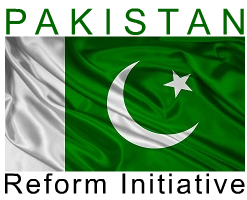Recent events have raised questions about the extent to which military intervention promotes democracy and the degree to which this depends on the nature of the intervener. We argue that traction on these issues is best obtained by focusing on the policies of the target state that have the greatest implications for the political survival of the intervening state s leader and the kind of governmental institutions in the target state that are most likely to produce them. This perspective generally although not always predicts that third-party military intervention in civil wars, other intra- or interstate disputes and wars will lead to little if any improvement, and all too often erosion in the trajectory of democratic development. Three hypotheses on the impact of third-party intervention by democracies, autocracies, and the United Nations are then tested and strongly supported against a counterfactual expectation of what the democratic trajectory would have been in the absence of intervention.
Democracy is for People
Democracy is for People

- Legislative training, evaluation and perception mapping
- Development of democratic institution and review
- Ballot & its power
- Legislature challenges & devolution power
- Interventions for strengthening institutionalization in Pakistani democracy
- Transparency and accountability within the democratic institutions
- Stakes in Democracy
- Stakeholders in democracy
- Questions of Means
TOPICS FOR RESEARCH & UNDER REVIEW
- Contentious Politics and Political Violence
- Governance/Political Change
- Groups and Identities
- History and Politics
- International Political Economy
- Policy, Administration, and Bureaucracy
- Political Anthropology
- Political Behavior
- Political Communication
- Political Economy
- Political Institutions
- Political Philosophy
- Political Psychology
- Political Sociology
- Political Values, Beliefs, and Ideologies
- Politics, Law, Judiciary

